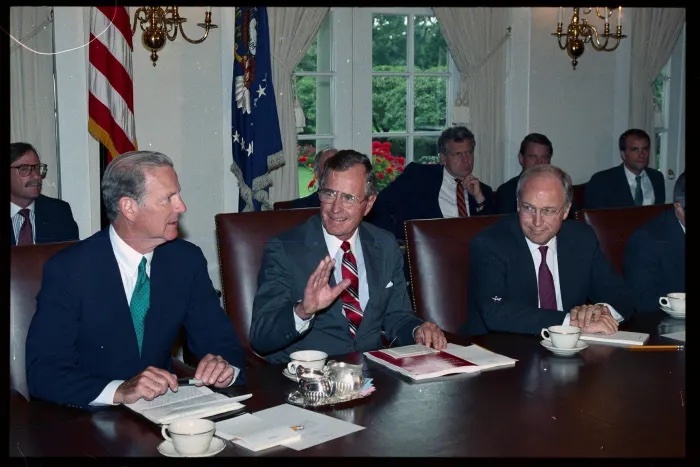Why has the post-cold-war order broken apart in a violent fight over Ukraine? It is now beyond question that that order has crumbled, and that Europe will once again, as in 1989, bear a line of division between Moscow-centric and Washington-centric blocs.
It is also beyond question that the source of this tragedy is Vladimir Putin’s insistence on eliminating Ukraine’s independence — because that independence, representing Ukraine’s intolerable freedom (in the Russian president’s eyes) to choose between Russia and the west, is the ultimate reason why violence has come.
As someone who witnessed the dissolution of the old cold-war dividing line while studying abroad in West Berlin in 1989, it is hard to fathom that a latter-day version of it will now return, only further to the east, and with the Baltic states playing the role of West Berlin. I certainly did not expect to see the return of this division in my lifetime.
 Nor did I have any way of knowing that the person who would recreate it was, back in 1989, not that far away from me in my student flat in divided Berlin, namely a younger Putin as a KGB officer in the East German city of Dresden. Decades later, as president of Russia, Putin became unwilling to tolerate Ukraine’s sovereignty because of that country’s special role in what he views as the greatest catastrophe of the 20th century: the collapse of the Soviet Union.
Nor did I have any way of knowing that the person who would recreate it was, back in 1989, not that far away from me in my student flat in divided Berlin, namely a younger Putin as a KGB officer in the East German city of Dresden. Decades later, as president of Russia, Putin became unwilling to tolerate Ukraine’s sovereignty because of that country’s special role in what he views as the greatest catastrophe of the 20th century: the collapse of the Soviet Union.
Thirty years ago, Kyiv’s decision to secede made the break-up of an already crumbling USSR irreversible. This week, Putin’s decision to send a massive military into Ukraine sealed the demise of the already crumbling post-cold-war peace. These events bookended an era characterised by a belief — now proved false — that Europe would never again witness a major land war.
What, precisely, is it about Ukraine that has thrust it into this pivotal role? There are many ways to answer this, such as by diving deeply into questions of Russian and Ukrainian identity and nationality, or by looking back a millennium in time. Answers produced by these methods do, of course, matter.
But there is another, lesser-used way to uncover why Ukraine has mattered so much — focusing not on Ukraine itself, but on the way that dispute between the US and Russia over its post-Soviet fate exacerbated tensions between Moscow and Kyiv, leading to today’s conflict.
